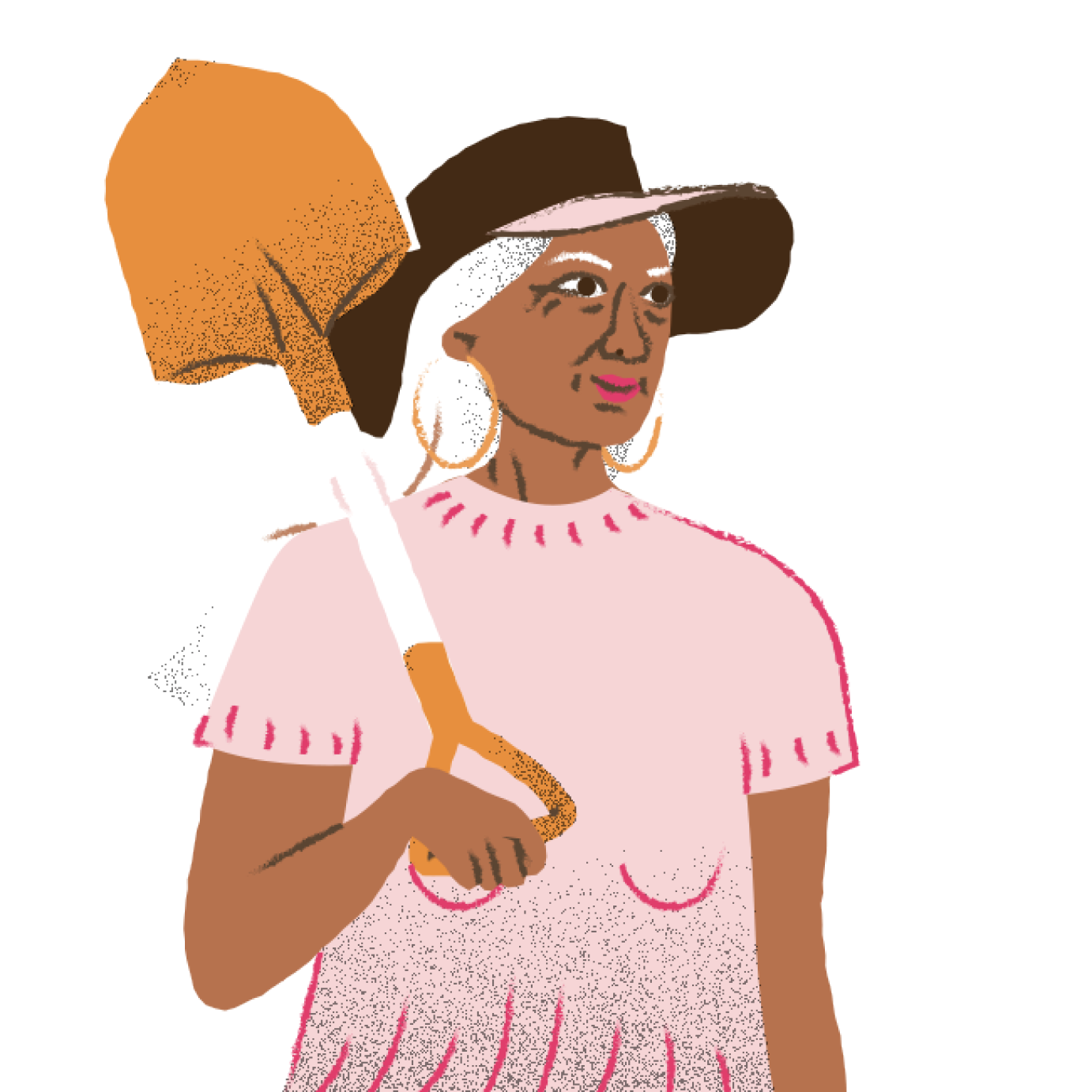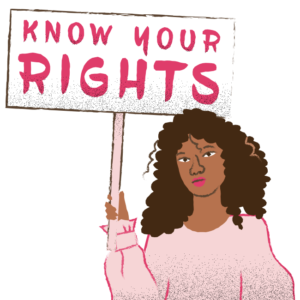Gender + Super
The gender pay gap not only affects women throughout their working lives but has a kick on effect in retirement. To put it simply, the less you are paid for the work that you do, the less you will have in your super.
People who spend time outside of the paid workforce due to illness or disability, raising children, looking after elderly relatives, doing unpaid work in the home, or volunteering do not receive automatic contributions towards their superannuation.
Given that women spend twice as long as men in unpaid work (particularly domestic activities and childcare),3 and the full-time average weekly ordinary earnings for women are 14% less than for men,4 it follows that women retire with less superannuation than men — roughly 40% less.5
On top of that, women live longer than men (the average life expectancy of an Australian woman is 84.9 years compared to 80.7 years for an Australian man).6 This uneven retirement outcome places women in a highly vulnerable position with 40% of older single retired women living in poverty and likely to experience economic insecurity.7
There are steps that individuals can take to boost their retirement savings but significant action needs to be taken by the Australian government to address the shortcomings of the superannuation and welfare systems, so that everyone has equitable access to financial security in retirement.













